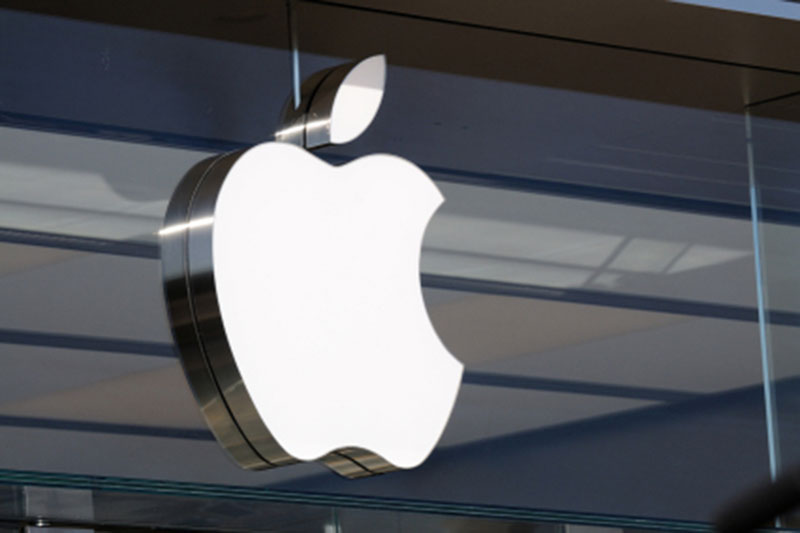Beamr video compression achieves up to 50% improvement for AVs
Investing.com -- Apple’s upcoming iPhone 17 launch could be one of the most challenging sales cycles in the company’s history, analysts say, as changing consumer preferences and intensifying competition complicate the rollout.
In roughly two weeks, Apple (NASDAQ:AAPL) will unveil the latest iPhone lineup, and “the iPhone 17 Pro sales may be the toughest one ever," according to Jefferies analysts.
A new model, the iPhone 17 Air, will replace the Plus version and bring several Pro-level features with a higher price tag.
It is also positioned as a premium device thanks to its ultra-thin design, but Jefferies cautions that shortcomings in battery life and camera performance may limit its appeal.
The Air is designed partly as a precursor to a foldable iPhone, as “two iPhone 17 Air combined will form a standard foldable smartphone,” analysts led by Arthur Liao said.
Still, Apple users have consistently shown a preference for large screens, suggesting that the iPhone 17 Pro Max will remain the preferred option for those prioritizing battery, camera, and screen size.
Jefferies’ iPhone 17 build forecast stands at 78.5 million units for the second half of 2025, slightly below market expectations. The outlook reflects Apple’s broader challenges, with tariffs once again emerging as a major operational risk.
CFO Luca Maestri previously flagged that U.S. tariffs on Chinese imports could add about $900 million to costs in the second quarter of 2025. Despite ongoing efforts to diversify production into India and Vietnam, China remains a critical base in Apple’s supply chain.
At the same time, Apple is leaning heavily on artificial intelligence to reignite growth. The new phones are expected to integrate “Apple Intelligence,” offering on-device AI capabilities and enhanced Siri through a partnership with OpenAI.
Analysts believe the success of these features will be crucial in determining whether the iPhone 17 cycle can replicate past upgrade waves, such as that of the iPhone 12.
“Apple’s investment case for 2025 is more complex and challenging than ever before,” the analysts said.
While the tech giant continues to benefit from “the world’s strongest brand stickiness and product ecosystem,” risks tied to tariffs, international markets, and intensifying competition remain significant.
At the same time, the team said that if Apple’s new AI features drive replacement demand, the iPhone 17 outperforms expectations, and services growth stays strong, the company “still has a chance to recover lost ground in the second half of this year.”
